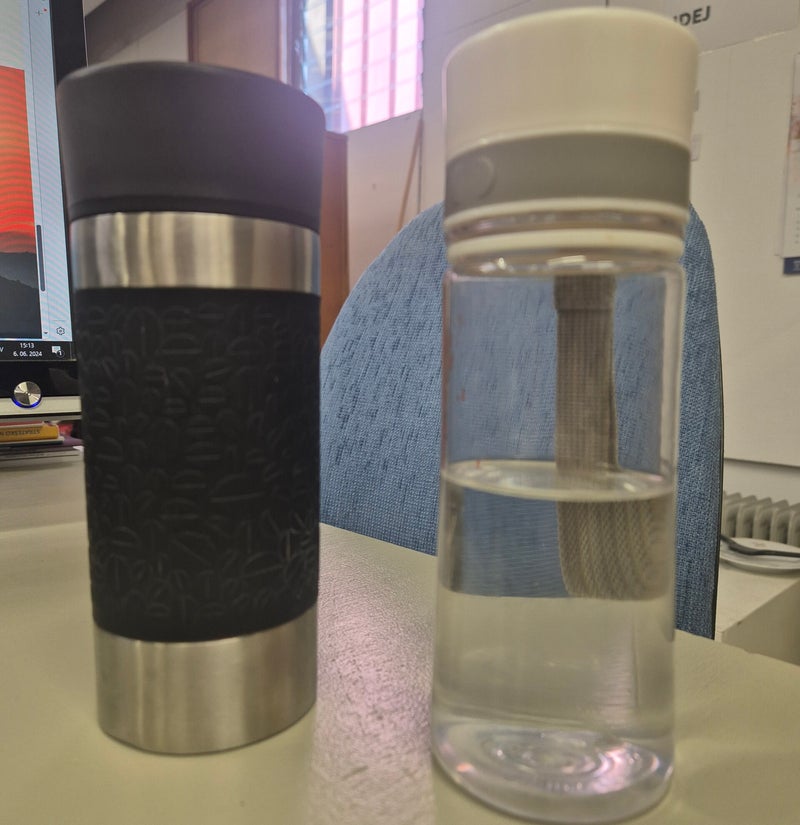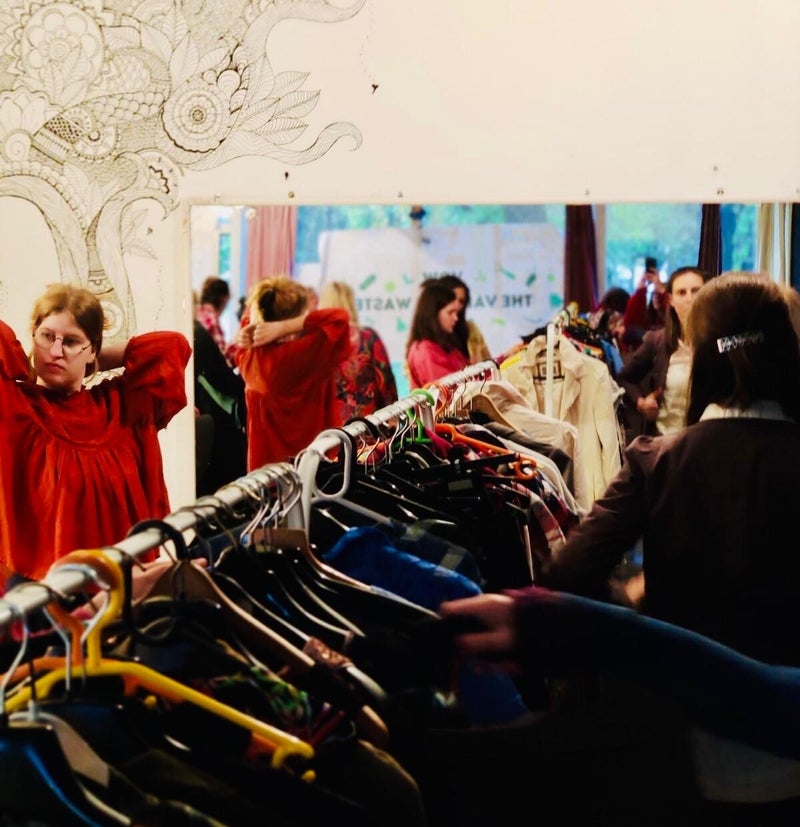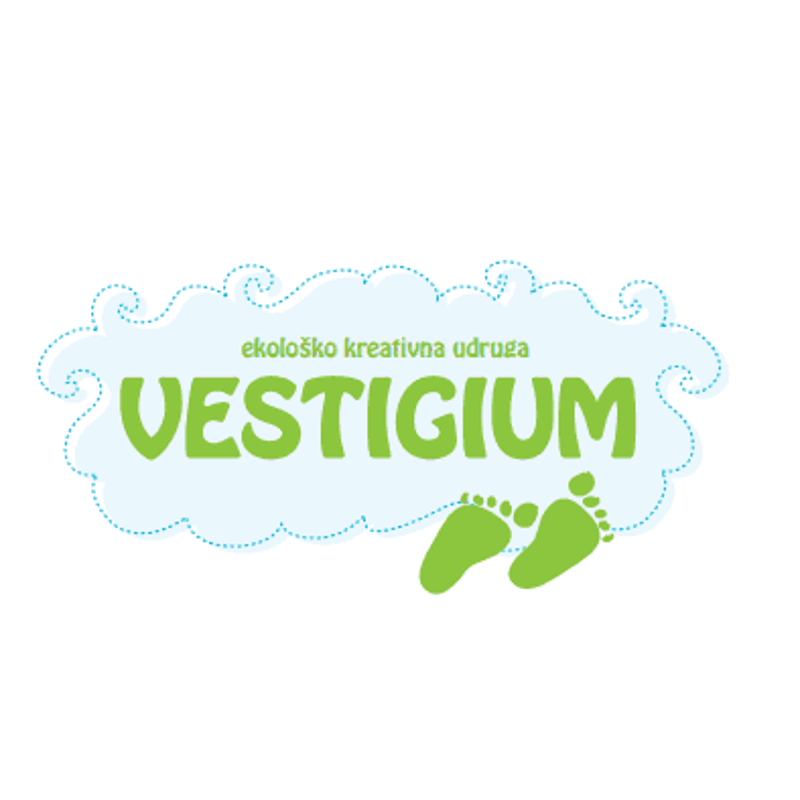Welcome to Plastic Free July!
Plastic Free July is a global movement that encourages individuals to be part of the solution to plastic pollution by refusing single-use plastics for an entire month. It's a great opportunity to develop sustainable habits that can last a lifetime. This month, we join millions of people worldwide to reduce plastic waste!
Participating in Plastic Free July helps reduce the amount of plastic that ends up in our oceans, landfills, and ecosystems. It's a chance to make a positive impact on the environment and inspire others to do the same. Whether you're taking your first steps towards a plastic-free lifestyle or you're already well on your way, there are always new tips and tricks to learn.
Here are a few facts that can help us see the extent of the issue plastic represents.

So, you know those plastic bottles, bags, and straws? They’re everywhere! But guess what? Recycling them isn’t as easy as tossing them in the bin. Let’s dive into the plastic ocean and explore why!
The Plastic Puzzle
Imagine you have a jigsaw puzzle with missing pieces. Well, plastic recycling is like that! Some plastics can be recycled, but others? Nope! They’re like those missing puzzle pieces—tricky to fit in. Some apps help you to recognize which plastic can be recycled and which can not be. It is an useful tool when choosing what product to buy while minimizing your impact. However the simplest and most effective way is to refuse plastics all together!
One of them is called Horizon.
Click the photo to access their website!
Chemical Recycling Drama
Scientists tried a fancy trick called “chemical recycling.” It’s like turning plastic back into its building blocks. But guess what? It’s like teaching a cat to dance—it’s tough! Chemical recycling works for some plastics, but not all. And it’s not super eco-friendly.
An Atlantic article highlights the inefficiency and impracticality of plastic recycling, noting that only about 5% of plastics in the U.S. are recycled. The variety of plastics and the costs associated with recycling make it largely unfeasible. The authors compare the plastic industry's recycling advocacy to the tobacco industry's past health claims, suggesting it's misleading. Instead, they propose solutions like banning single-use plastics, promoting reusable items, and improving waste management to tackle plastic pollution effectively. If you want to read more about plastic recycling, here is the Full Article.


Be a Plastic Hero
What can we do?
Be plastic heroes!
Say NO to single-use plastics. Use reusable water bottles, textile reusable bags, and metal straws.
High-five the Earth when you do!
Remember, our planet needs us to be kind to it. Let’s refuse, repair, reduce, reuse, and recycle — even superheroes start small! This journal is here to provide practical tools, tips, and tricks to help you make a difference.
Understanding where we stand can help us identify areas for improvement and set realistic goals for reducing our plastic footprint. Please take a few minutes to answer the following questions to assess your familiarity and usage of single-use plastics in your daily life.
Our Challenge for you:
Take the Plastic Free July challenge with us by committing to refuse single-use plastics for the entire month!
WEEK 1
Bring your reusable bags when you go shopping.
If you don't have any yet, don't go to the store! You can reuse any bag you already have at home, plastic, fabric or from any other material.
Another option is in your closet!
An old t-shirt you haven't worn in forever can become your new shopping bag!

WEEK 2
Switch to a reusable water bottle and coffee cup. You do not have to buy the new trendy ones, use the ones that you have at home already.
For example, the bottle in the photo is 10 years old, and yes the print washed out, but it still does not leak and is the perfect size to put in your bag!
My coffee cup I got for my birthday almost 5 years ago and still love to use!
WEEK 3
Avoid plastic packaging by preparing your meals at home. Use reusable containers for storage and start using beeswax food wraps instead of clingfilm.
Beeswax food wraps are waxed cotton pieces that you can use to cover or wrap food in, they are easily washable under cold water and last a long time!
WEEK 4
Avoid plastic packaging. There are many ways to do that!
You can buy in bulk, use reusable produce bags, and choose products with minimal or recyclable packagings.
If you're into the idea of using reusable produce bags for fruits, vegetables, bakery products or any other ingredient that can be found in bulk. Check out this tutorial and make some with old fabric instead of buying them!
Share your Plastic Free July journey on social media to encourage friends and family to join you!
Use the hashtags: #PlasticFreeJuly #ChooseToRefuse #ValueOfWaste #VOWchallenge
Remember, every small step counts, and together we can make a significant impact. Let’s make this month plastic-free and create lasting habits that benefit our planet!
Hi everyone! I am Doroteja, working at KNOF as a project manager and ESC coordinator. I am passionate about learning everything I can about plastic in everyday use and finding solutions to reduce its impact on our environment. I will try to share some practical advice on minimizing plastic use and some pieces of information about plastic for the next 4 journals. I hope you will find them informative and be inspired to implement some of the tips at home.
Doroteja
Author

You can't wait to dive into the topic and meet other people involved?
Here are some local events that you can join this month!

Most of us are on a summer break but there is no break for Vestigium when it comes to welcoming its community for clothing exchange events!
Join them!
You were wondering what else we've been up to? We had some local events and our second study visit!
Show Your Organic Waste - Hungary
@udruga.vestigium VOW project aims to spark curiosity and offer simple solutions on the global issue that is waste management. Funded by European Union #erasmusplus #youthwork #vestigium ♬ Easy Living - Billie Holiday
Our second study visit took place from June 13th to 16th.
Participants from Slovenia, Croatia and Hungary were welcomed in Etyek, Hungary by Szatyor Association.
This partner visit focused on the Value of Organic Waste. We explored how organic waste is managed on a local level in Hungary, whether it is by the authorities or community initiatives. With this field trip, we offered a unique opportunity to see inspiring examples and gain practical skills that will help our youth workers develop their own initiatives on the topic.
If you want to read more about it, a full article can be found here.
Monthly Clothing Exchange In Vestigium
Last month's clothing exchange was a hit! With a great turnout, we swapped even more clothes than before. Sharing instead of buying adds a special touch to the event, to everyone involved and makes it a success.
Join us at future exchanges and keep the eco-friendly spirit alive!

If you aren't a subscriber yet, you enjoyed this journal and want to be notified when we release the next ones: It's not too late!




